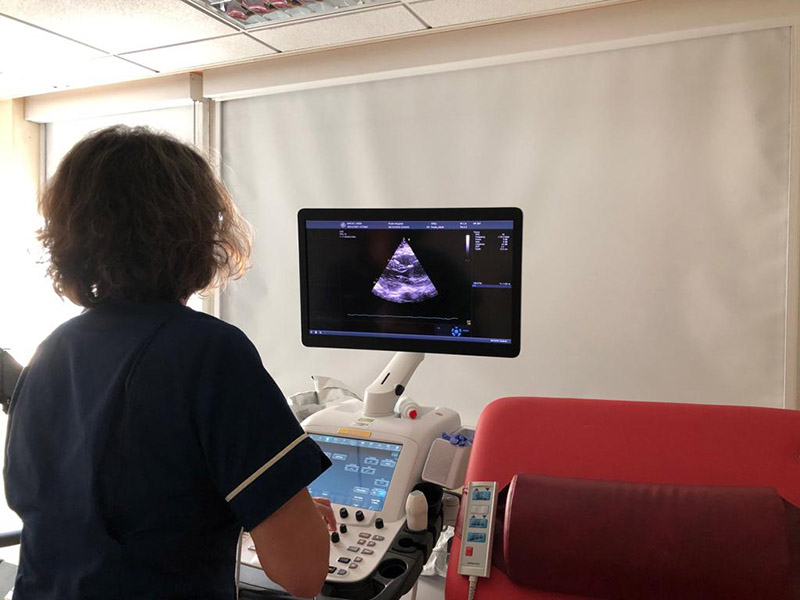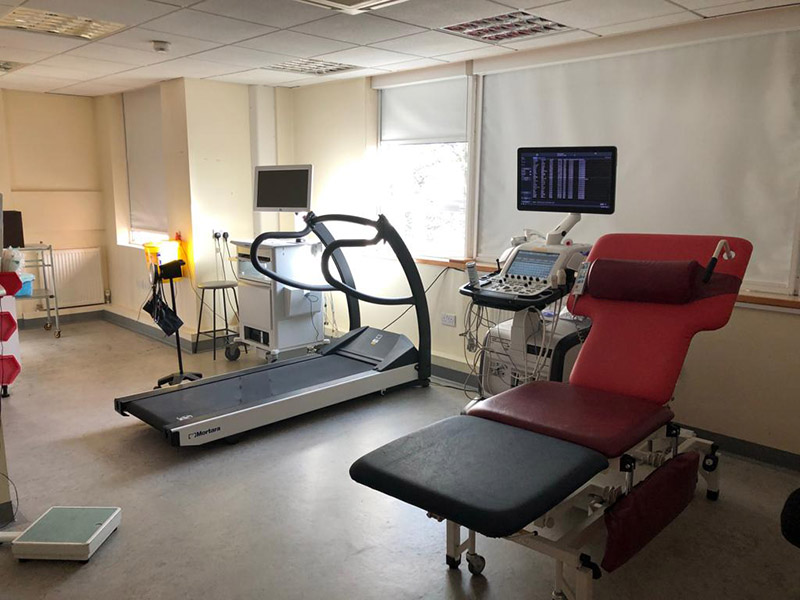Free apps for those with health conditions
All apps on this list are available on Android and iOS.
Wheelmap
Wheelmap is an interactive, annotatable map that serves as a guide to finding wheelchair accessible places all around the world.
Users can find cafes, clubs, public transport and more, then mark them and leave comments and images for other users.
Moodpath
Tracking users’ mental health by asking daily questions, Moodpath promises to support them through tough times.
The app, developed with support from professional psychologists, aims to increase users’ emotional awareness and assess their mental health over time.
Medisafe Pill and Med Reminder
Medisafe does what it says on the tin. It is an organiser which reminds users when to take their medication. Designed with those suffering from Alzheimer’s and dementia in mind, the app has a clear, simple interface.
Miracle Modus
Miracle Modus aims to decrease the effects of sensory overload for people with autism, with soothing colours, geometric patterns and soft sounds.
The app’s developer has autism, giving it an impressive degree of insight.
A demo is available on YouTube.
New government-funded health projects to help people stay in work show that the government must spend money to save money

Many people opt for private healthcare because the NHS cannot keep up with demand
Millions of pounds will be awarded to help people with health conditions stay in work, according to a press release from the Department for Work and Pensions last month.
The money will fund nearly 20 different projects across the country.
Their shared goal is to help people with various conditions to stay in work.
Cardiff University’s Back-on-Line is the only one of the 19 projects that is in Wales.
Between them the projects will receive almost £4 million in funding to support people with health conditions in the workplace.
The fund is part of a 10 year strategy to help one million more disabled people stay in the workplace by 2027.
The UK government estimate 3.9 million British people with disabilities were in employment between July and September this year. This figure is around 120,000 or 1.5% more people than the year before.
The campaign, therefore, puts an emphasis on staying in work rather than returning to work. It aims to teach people to manage their conditions independently.

Health-related apps could cut demands for costly rehabilitation units
One of the projects is a smartphone app which helps people ease lower back pain through a personalised plan.
Another is an app designed to help individuals recognise the signs of mental health issues.
While the government has pledged £4 million to the projects, the long-term motive is unquestionably financial.
The National Health Service could save millions if Britons could treat and prevent certain ailments at home.
Due to months-long waiting lists, people are already looking for often costly alternatives to the NHS.
Retired GP Patricia Clee, 62, says: “People go for massages and treatments in spas, and they go to private chiropractors and physiotherapists.”
“They will try a lot of these services before they even consider coming to their GP,” says Patricia, “because conditions like chronic back pain are not easily remedied through the NHS.”
Of course, work can often be the cause of such ailments, she emphasises.
“Physically demanding jobs, as well as sedentary jobs, can cause lower back pain,” says Patricia.
“Stressful jobs can add to mental health problems.”
Even worse than waiting lists is the fear that visiting a GP could affect your work prospects.
“People in certain businesses worry about things like mental ill health or back pain going on their record. Once they have mentioned these things, they worry that it’s going to affect their chances in work,” says Patricia.
When asked about this problem, several local businesses were unavailable for comment.
Free apps for those with health conditions
All apps on this list are available on Android and iOS.
Wheelmap
Wheelmap is an interactive, annotatable map that serves as a guide to finding wheelchair accessible places all around the world.
Users can find cafes, clubs, public transport and more, then mark them and leave comments and images for other users.
Moodpath
Tracking users’ mental health by asking daily questions, Moodpath promises to support them through tough times.
The app, developed with support from professional psychologists, aims to increase users’ emotional awareness and assess their mental health over time.
Medisafe Pill and Med Reminder
Medisafe does what it says on the tin. It is an organiser which reminds users when to take their medication. Designed with those suffering from Alzheimer’s and dementia in mind, the app has a clear, simple interface.
Miracle Modus
Miracle Modus aims to decrease the effects of sensory overload for people with autism, with soothing colours, geometric patterns and soft sounds.
The app’s developer has autism, giving it an impressive degree of insight.
A demo is available on YouTube.





